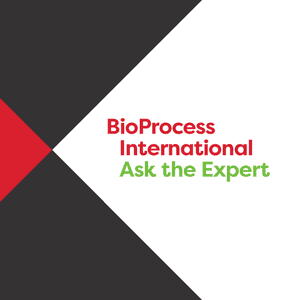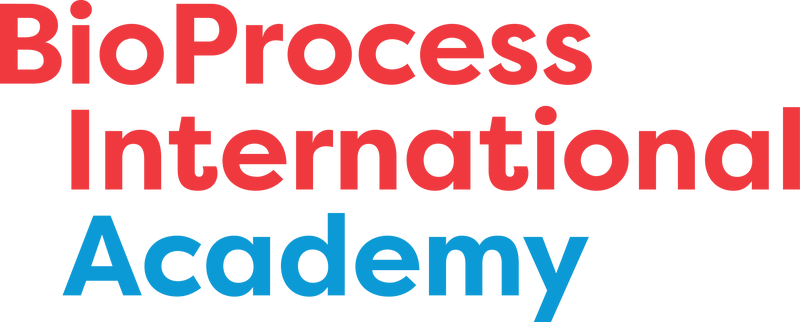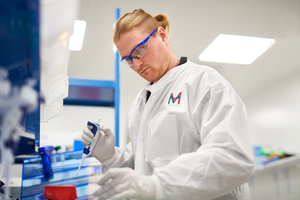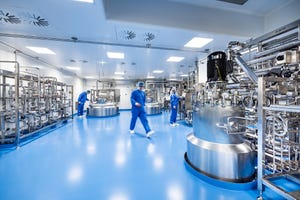
Our BioProcess Insider editorial team is at BPI Europe 2024 to bring you some of the most pertinent coverage from across the conference hall and exhibition floor here in Vienna.
Follow our coverage throughout the event, and keep abreast of the latest industry news and views all year round by signing up at www.BioProcessInsider.com
Past and present laid bare as BPI Europe looks to bioprocess future
Nigel Titchener-Hooker, professor and dean of engineering at University College London, guided delegates at BioProcess International Europe in Vienna, Austria, on a tour through drug-development history.
April 11, 2024

The Past
Although Titchener-Hooker’s presentation promised a 40-year history, it reached much further into the past, beginning with the work of Edwin Cohn, who was commissioned to develop scalable processes for plasma fractionation in the 1940s, with his first pilot plant built during the heart of World War II in 1942.
Cohn’s work helped save countless lives, and his innovations in industrial-scale processing pioneered work that would influence biomanufacturing for decades. Although his 1944 laboratory lacked the aseptic standards critical to modern manufacturing, it set a foundation for the burgeoning industry.
Next, Titchener-Hooker summarized the work of Peter Dunnill, who he described as a perceptive man and “a tireless advocate for bioprocessing.” Dunnill began exploring continuous processing in the 1960s and 1970s in the context of human plasma processing long before that concept would enter the popular lexicon.
The Present
Further innovations transformed the industry in the following decades, from ultra scale-down (USD) platforms that accelerate bioprocess development to decisional tools that illustrate the relationship between processing and business.
Today, companies must account for each step of a bioprocess, including the business side that includes vital considerations such as cost of goods (COGs), capacity, profit, and sustainability.
In 2020, the resilience of the industry was tested by the emergence and spread of COVID-19. And although the negative impact of the pandemic is clear to all who experienced it, Titchener-Hooker praised the industry’s ability to develop and distribute complex vaccines at an unprecedented speed.
The Future
Titchener-Hooker ended his presentation by addressing the industry’s future. He discussed the advent of soft sensors, digital twins, big data, data integrity, and artificial intelligence (AI).
He cautioned that although AI has become ubiquitous across the industry, it is important for engineers to understand how to use the technology wisely by posing the right questions.
He ended by upholding the ideal that the biotechnology sector must produce drugs for the benefit as many people as possible. He emphasized that the best academic minds are those that hold curiosity to push the industry forward. “It’s important to train minds so that people are capable of thinking outside the box.”
“Ultimately,” he said, “the future is ours and it’s yours.”
About the Author(s)
You May Also Like





